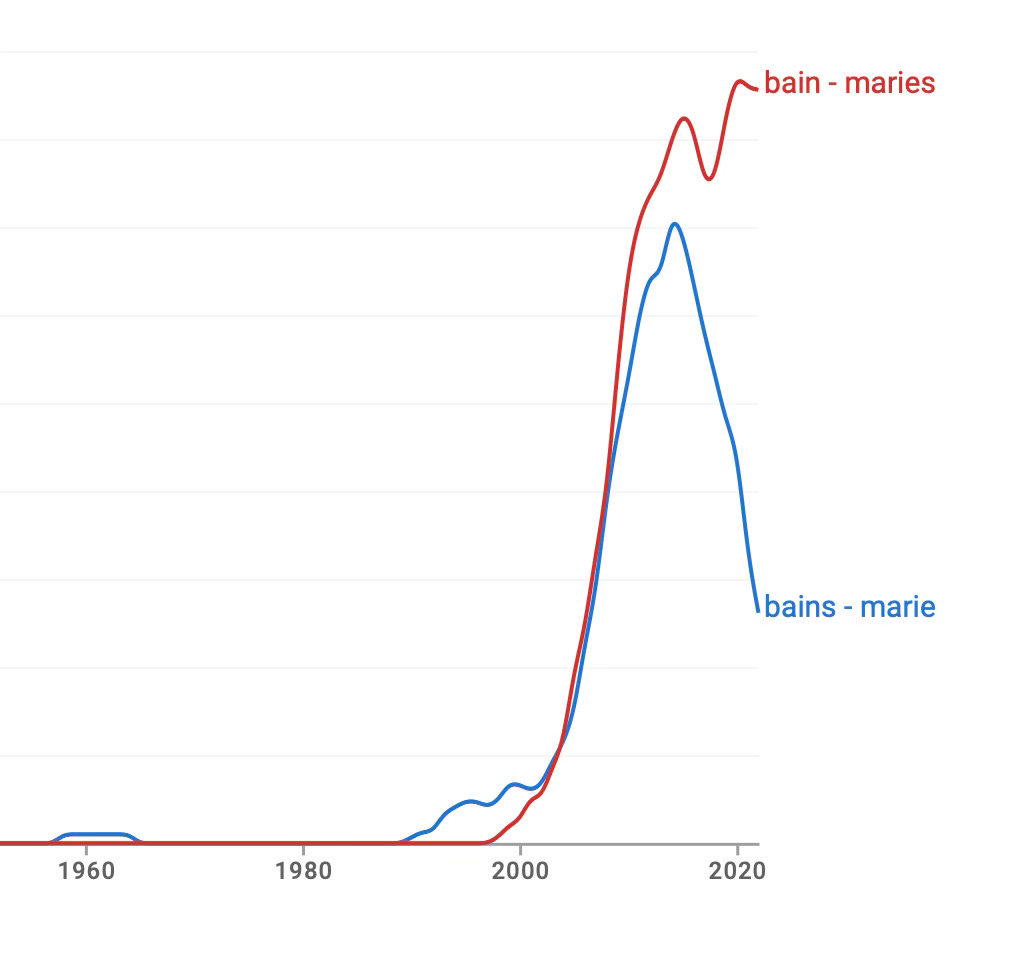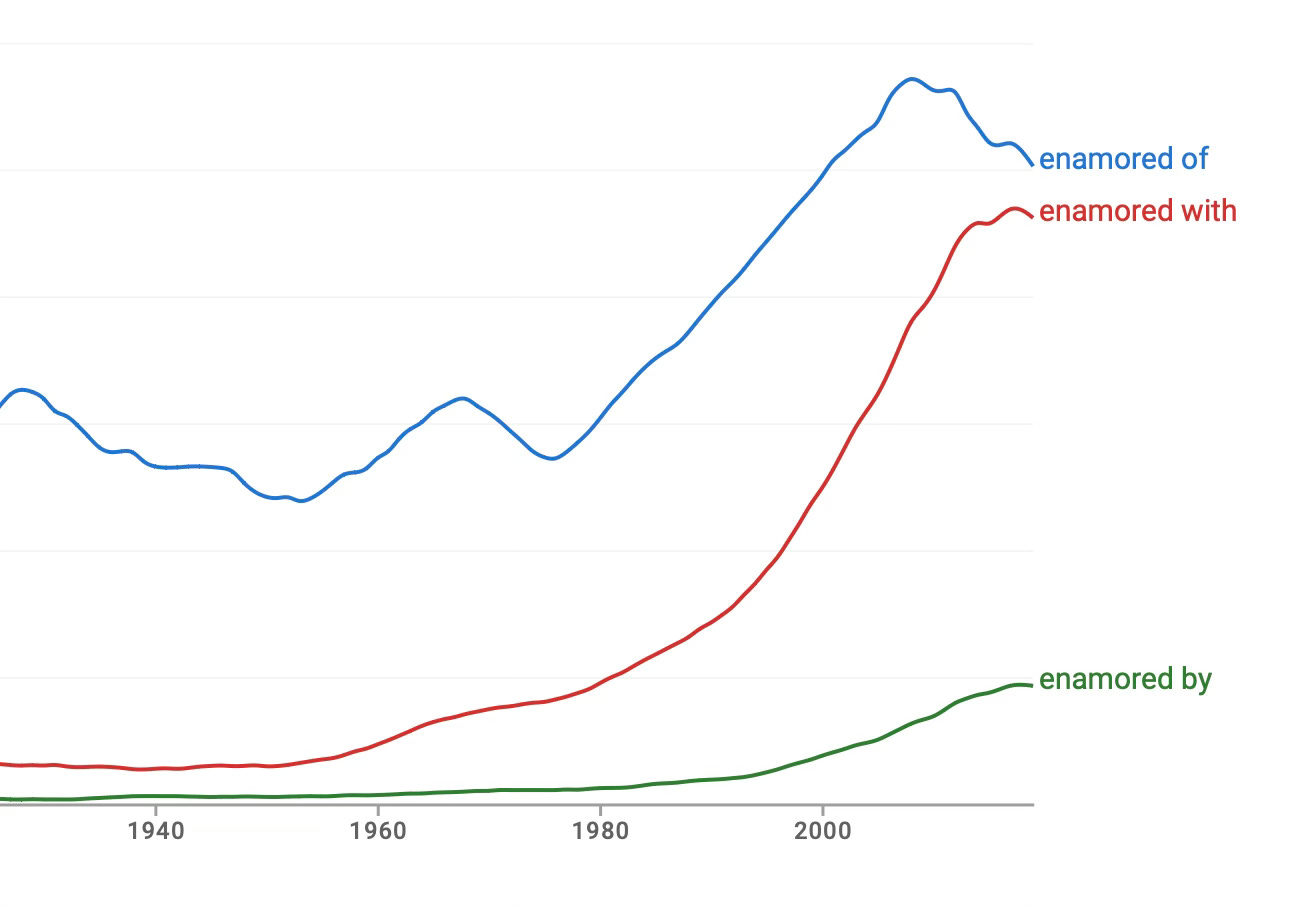Today’s Quickfire
[some brief notes that, hopefully, eat like an essay]
A few notes inspired by and concerning this week’s episode of Top Chef:
I was surprised to learn that Bravo will air the word “asshole,” but “shit” gets bleeped. [shrug emoji goes here]
As much as people like to sh*t on the word “utilize,” it’s quite handy when, as it was wielded in the Top Chef Kitchen (and not for the first time), you’re describing the action of using something in an innovative, unusual, or otherwise nonintuitive fashion. (As my husband amuses himself by sproinging bottle caps with a key—a key key, that is, not a church key.) No, you shouldn’t use “utilize” as an unnecessary and unmotivated fancyism for the perfectly good word “use,” but let’s not throw out the baby with the bain-marie, OK?1
If you did not already know this: There is no n in the word “restaurateur.” This is a thing they get right on Top Chef, I’m happy to report, both in speech and in captions. Well, they should, shouldn’t they.
I’m not entirely, or at all, enamored of2 the word “eats” when it’s utilized to describe how a morsel of food interacts with one’s palate (“it eats well,” “it eats heavy,” “it eats salty,” etc.), but that ship seems to have well and truly sailed.3 [second shrug emoji goes here]
And that’s that for the day. Happy Friday, happy weekend, the works.
We’ve covered this before, but as with most copyeditorial notes, it bears repeating: Words originating in other languages that have been domesticated into English—which seems to increasingly mean words originating in other languages that have been uttered by English speakers more than, say, twice in one week, and I have no particular objection to this shift—are not set in italics (the aslant type) but in roman (the straight-up-and-down type). And “bain-marie” has been English, our friends at Merriam-Webster inform us, since the early eighteenth century. Here’s M-W’s etymology note, by the bye: “French, from Middle French, translation of Medieval Latin balneum Mariae, literally, Mary’s bath, after Maria Hebraea, Mary the Jewess, legendary inventor of apparatus used in alchemy.” So let’s hear it for Mary the Jewess. (Not to be confused with my frequent exclamation every time I reread The House of Mirth: “Marry the Jew!”)
By the also bye, our friends at Merriam-Webster inform us that the plural of “bain-marie” is “bains-marie” (and only “bains-marie”). I might argue that if the word is to be taken as English its plural should rightfully be bain-maries, and usage suggests that I’m not alone in my argument.
I’ve been reminded since I first posted this party piece earlier today that that ship well and truly sailed a long time ago, at least as long ago as Campbell’s® Chunky® soup (Soup That Eats Like a Meal®) in the early 1980s. I am also just now learning terms like “mediopassive,” “unaccusative,” and “unergative,” though it might be fairer simply to say that I’m reading up on them rather than learning them, since the chances are slim that I’ll remember any of them come sunset.




<<not enamored of the word “eats” when it’s utilized to describe how a morsel of food interacts with one’s palate (“it eats well")>> Yes. And I remember the first time an editor said to me, at Time when I was a child, that a piece I'd just turned in "reads well," it was the first time I'd encountered any version of that form. And loathed it.
Short and sassy. I ate it up.